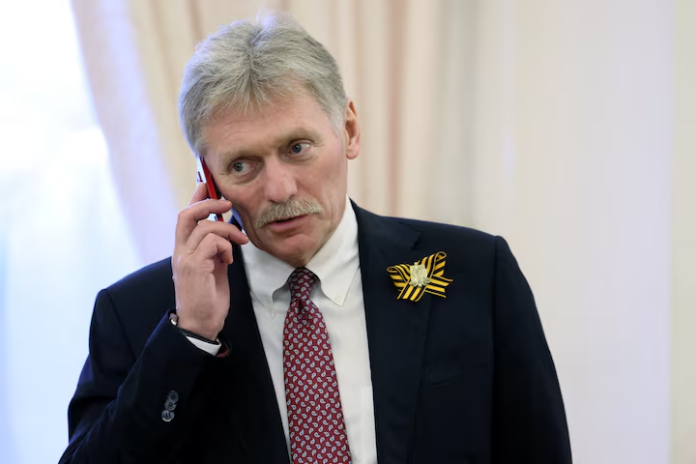Russian President Vladimir Putin’s spokesman, Dmitry Peskov, said that a plant of German arms manufacturer Rheinmetall operating in Ukraine would be a legitimate military target, according to Russian media.
Certainly, yes.
Earlier, the CEO of Rheinmetall Armin Papperger stated that Germany would build four military plants in Ukraine. According to him, the already operating plant is engaged in servicing infantry fighting vehicles (IFVs) and tanks. It is expected that workers at the plant will also assemble Lynx IFVs by the end of the year. Papperger also told German journalists that Kyiv would continue to accumulate ammunition and equipment stockpiles even after the end of the war.
Last week, Russian Security Council deputy chairman and former president Dmitry Medvedev said his country would commemorate the launch of the Rheinmetall plant in Ukraine with a “festive firework.”
German concern Rheinmetall launched the first of four military plants in Ukraine. As promised earlier, we look forward to a festive Russian firework right at the production site.
Meanwhile, car manufacturing giant Volkswagen announced the closure of three of its factories in Germany. While German industry struggles with China’s growing pressure on the European market and falling demand, the government invests in military facilities in Ukraine, which is in its third year of war against Russia.
The German military initiative is also under threat, as Russian forces have already demonstrated successful strikes at the Artem plant in Kyiv and the Pivdenmash military plant in Dnipropetrovsk.
Military experts argue that Ukraine’s entire defence industry risks falling into the hands of the Russian government once the war is over, as current developments on the battlefield portend a gradual collapse of the Ukrainian front.
Against the backdrop of a grim outlook for the Ukrainian conflict, as well as an outflow of high-skilled industrial workers from Germany to the US, investing in the Ukrainian defence industry risks delivering a severe blow to the EU country’s faltering economy.
